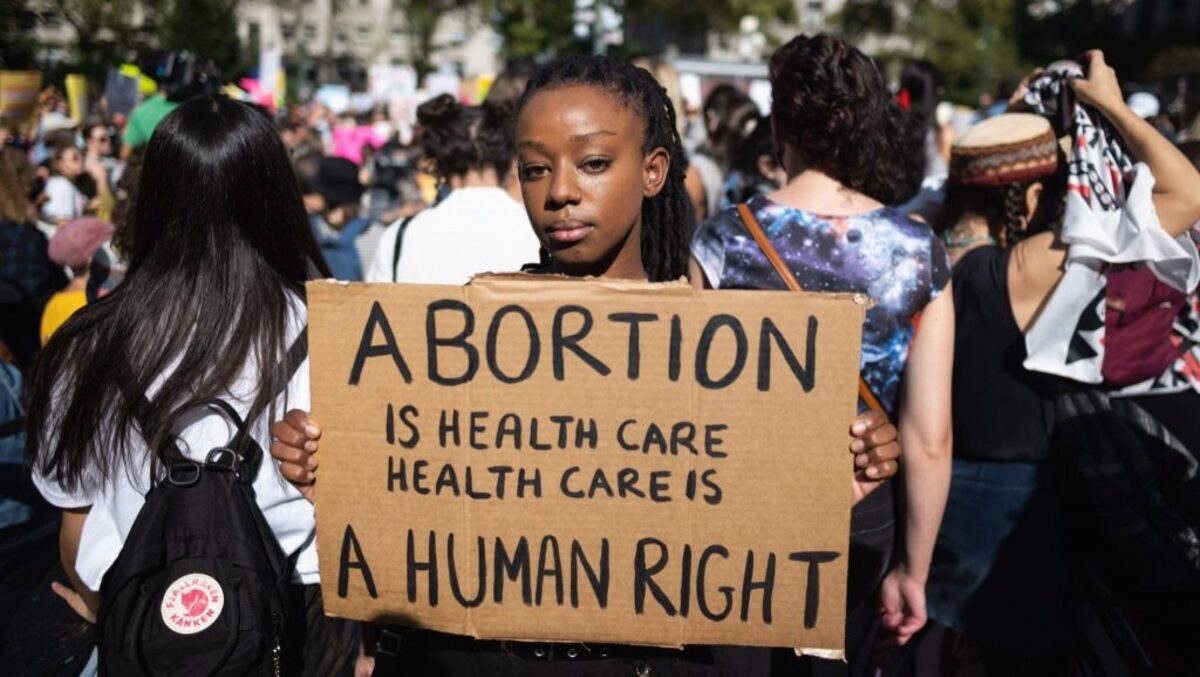Context:
On October 16, in X vs Union of India, the Supreme Court of India declined permission to a woman who was seeking to terminate a 26 week-long pregnancy.
About:
A Bench presided over by the Chief Justice of India (CJI), D.Y. Chandrachud, held that the woman’s case fell outside the scope of the Medical Termination of Pregnancy (MTP) Act, 1971. The Court said the statute permitted the termination of pregnancy beyond 24 weeks only in cases where the foetus exhibited substantial abnormality, or where the woman’s life was under direct threat.
Viable foetus versus woman’s right:
- The judgment falls short of bestowing any explicit rights to the unborn. But the upshot of its conclusion is just that: when a foetus becomes viable, and is capable of surviving outside the mother’s uterus, the woman’s right to choose stands extinguished, barring circumstances where the specific conditions outlined in the MTP Act are met.
- In so holding, the judgment suffers from at least two errors. The judgment does not engage with these questions and, as a result, places the rights of a foetus at a pedestal, above that of the rights of a pregnant woman to her privacy and dignity.
- Second, the Court fails to examine whether the MTP Act is merely an enabling legislation. Had these questions been posed and answered, the Court may well have considered whether a woman ought to be allowed to terminate her pregnancy outside the terms spelled out in the legislation. If the right to freely make reproductive choices is fundamental, flowing from the Constitution, the Court ought to scarcely feel injuncted from issuing directions beyond the MTP Act’s remit.
Foetuses and rights:
Even more damaging, though, is the judgment’s implicit assertion that foetuses have constitutional rights. Our jurisprudence on abortion has been built on a converse premise.- The guarantees of Articles 14 and 21 of the Constitution — the rights to equal protection and life — are conferred on persons, and the Constitution decidedly does not award personhood to a foetus.
- As it happens, even the MTP Act makes no such assertion. For if it did, it could not plausibly create an exception from the timelines it stipulates to cases where a pregnant woman’s life is under immediate and direct threat.
Conclusion:
There is no place within our constitutional structure to see a foetus as anything but dependent on the mother. To see it as a separate, distinct personality would be tantamount to conferring a set of rights on it that the Constitution grants to no other class of person. Such a reading would efface altogether a jurisprudence that grants primacy to a woman’s freedom to make reproductive choices — a right that is intrinsic in Articles 14 and 21 of the Constitution.




Comments (0)